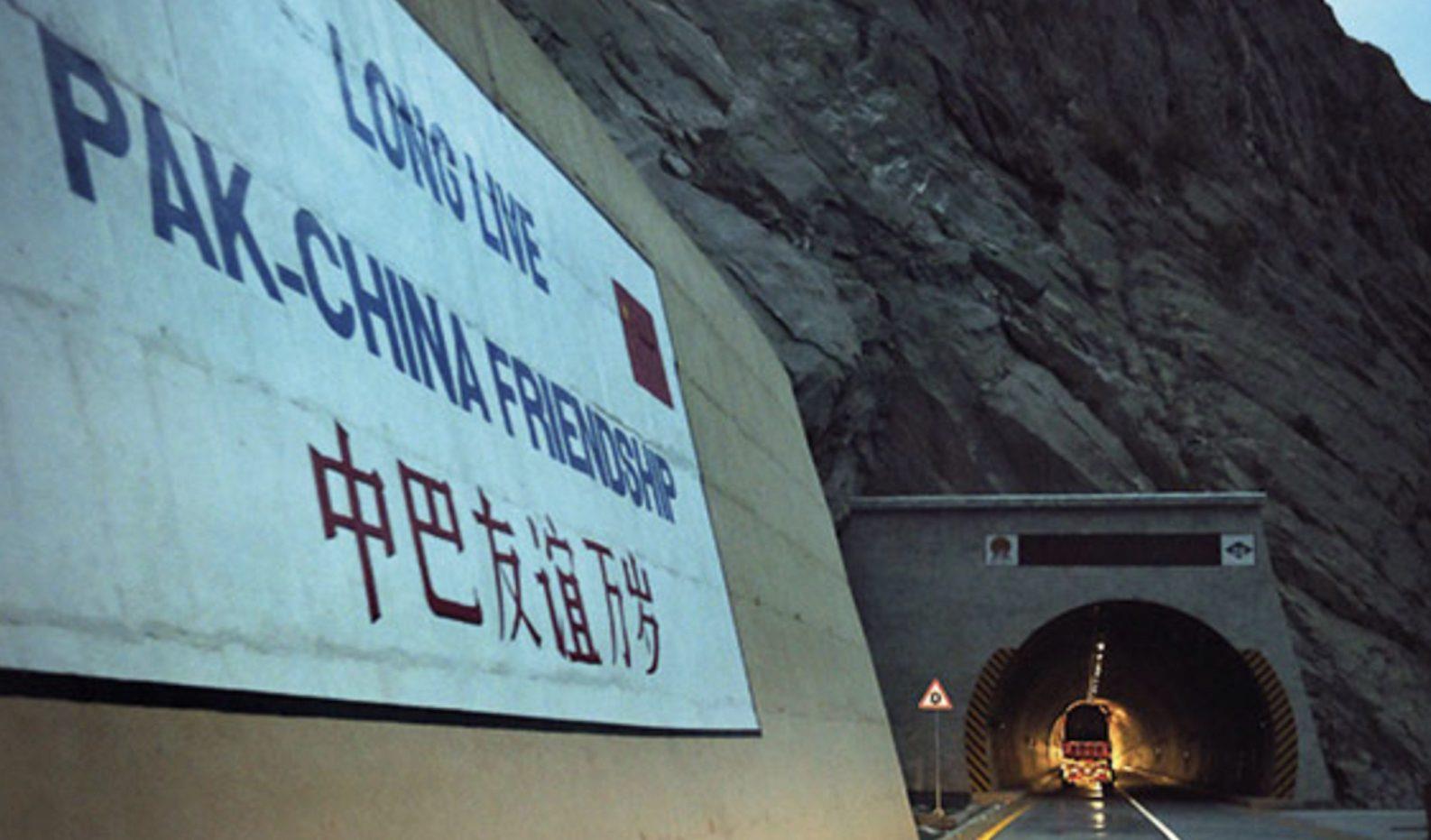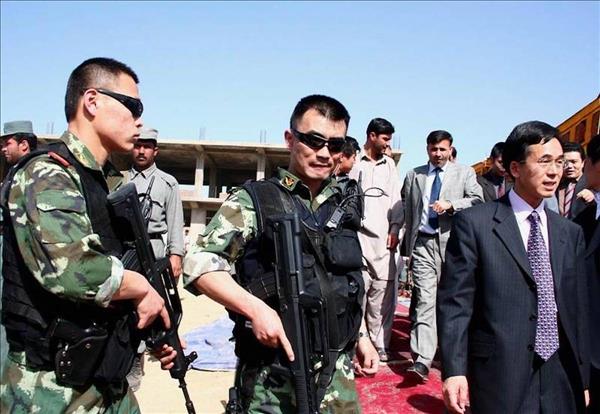(MENAFN- Asia Times) China's private security companies (PSC) seem poised to play a larger role in securing the country's expanding global interests, acting as a strategic tool to ensure an armed presence in key areas amid rising tensions with the United States.
In particular, China's PSCs are expected to play a greater role in protecting Belt and Road Initiative (BRI) projects after President Xi Jinping's remarks at the recently concluded 20th Communist Party Congress.
In his , Xi stated that China would“strengthen our capacity to ensure overseas security and protect the lawful rights and interests of Chinese citizens and legal entities overseas,” implying a larger role for China's PSCs.
Significantly, a PSC protects a single strategic point, such as an embassy, port or military base, while a private military contractor (PMC) engages in a wider variety of military operations.
noted that out of 5,000 registered Chinese PSCs, 20 provide international services, with 3,200 personnel operating in countries ranging from Sudan, Pakistan and Iraq. The actual number, according to other sources, is probably much higher.
Even so, China plays a small part in the global – and lucrative – PSC industry. According to an , a US-based think tank, the global PSC industry is worth between US$100-224 billion annually, with the US being the largest consumer of private military and security services.
Of that figure, China's overseas PSC industry is believed to be worth just $10 billion. But that figure could rise dramatically alongside the growth of BRI projects, .
Paul Nantulya, a research associate with the Africa Center for Strategic Studies in Washington, says that China's strategic shift from Deng Xiaoping's principle of“biding its time, hiding its strength, and never taking the lead” to global leadership has provided impetus for the expansion of China's PSC industry, the South China Morning Post (SCMP) quoted him as saying.
“There will be more recruitment of security firms run by ex-People's Liberation Army (PLA) and ex-Chinese police to provide security for Chinese state-owned enterprises involved in implementing the Belt and Road Initiative's multimillion-dollar programs,” Nantulya said, according to SCMP.

A mountain pass along the China-Pakistan Economic Corridor. Image: Facebook
Pascal Abb from the Peace Research Institute in Frankfurt points out that most BRI projects are overconcentrated in poor, unstable or conflict-ridden environments such as Pakistan, Myanmar, Nigeria and Sri Lanka.
“For example, after the [2021] coup in Myanmar, protesters in Yangon set fire to Chinese-owned textile factories, as punishment for what they saw as Chinese support for the new junta regime,” Abb says. He said that the BRI's presence in conflict zones and often questionable project terms bring unique dangers, which opens markets for China's PSCs.
Along those lines, Aaron Magunna, a European Foundation for South Asian Studies research analyst, says that the BRI has created and sustained overseas demand for China's PSCs, citing their particularly pronounced presence in Cambodia.
China's BRI expansion in high-risk countries in Africa, West Asia, Central Asia and Southeast Asia, often characterized by limited governance, weak institutions and chronic corruption, poses security dilemmas for Beijing, .
The report notes that China's cooperation with despotic local regimes and its own internal discriminatory behavior towards religious and ethnic minorities, including in Xinjiang, can turn BRI projects, assets and personnel into targets for discontent from disenfranchised, terrorist and extremist groups.
China's particular military and political needs raise unique risks for its PSCs.
While the most direct course of action would be to deploy the People's Liberation Army (PLA) to secure China's BRI projects, such a move might trigger perceptions of Chinese militarism, expansionism, and neo-colonialism – the very practices that President Xi often alludes to portray the US and West in a negative light in developing countries where China aims to get a BRI foothold.
At the same time, China may still face capability constraints in sustaining large-scale military operations far from its borders. , US Department of Defense (DOD) senior analyst Joshua Arostegui pointed to what he judged as surprising shortfalls in PLA logistics support, basing his conclusions on US military analysis of Chinese state footage focusing on the lack of PLA logistics infrastructure from logistics ships to aircraft aprons.
To compensate for these shortfalls, China may use PSCs as a persistent security element in its BRI projects to provide a low-level presence it may find more feasible to maintain.
At the same time, China's PSCs may serve a larger geopolitical purpose, operating under a legal grey area think tank notes that China exercises strict control over its security sector, limiting what its PSCs can do domestically and abroad.
The report states that Chinese PSCs that nominally operate independently may receive funding or contracts from the Chinese government, be under direct government control, or work for Chinese state-owned enterprises. The report notes a critical distinction between China's PSCs and PMCs, noting that while China explicitly forbids PMCs, .
That tight state control may have helped China's PSCs avoid entanglements in regional conflicts and the rogue violence associated with PMCs such as America's Blackwater and Russia's Wagner Group,

Members of the Wagner Group in Syria. Photo: Twitter
However, she says that the growth of China's PSCs may lead them to take a more militarized approach in future, exposing themselves to the pitfalls they were created and regulated to avoid in the first place.
Weinbaum notes that while China has shown strategic restraint in its use of PSCs, it has the option of widening employment to cover a broader range of military operations should China change its outlook.
It is thus plausible that China's PSCs are quietly becoming an asymmetric means of force projection as Beijing weighs their global reach, plausible deniability, potential strategic effect on BRI host nations and relatively lower costs than traditional military deployments.






















Comments
No comment